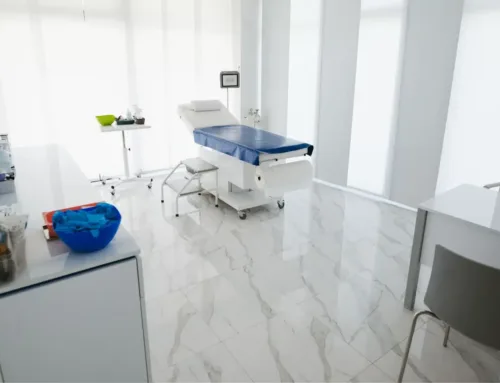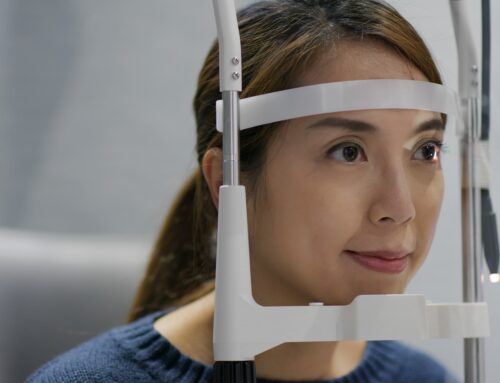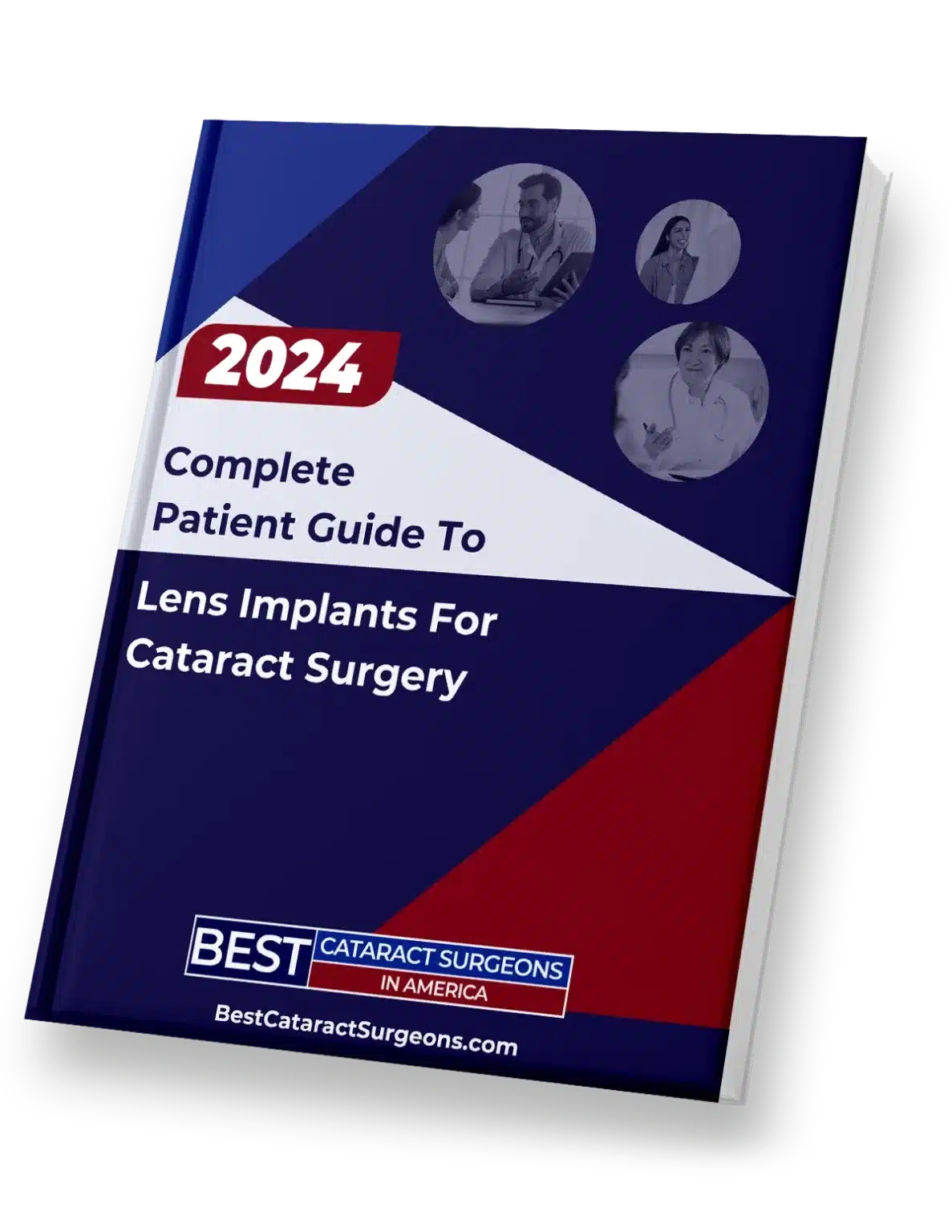Many people dread surgery, and eye surgery is no exception. But when you have cataracts clouding your vision and hindering you from performing your daily duties, you need this surgery, and you cannot afford to be afraid.
Once you realize that you are changing your lifestyle to accommodate worse vision (i.e. avoiding driving at night because of haloes/glare), it is time to strongly consider surgery. The longer you leave cataracts untreated, the worse they get, and the risk of complications increases. Not to mention, you may lose valuable years of productivity and life activities by delaying surgery.
Cataract surgery involves removing your natural lens, and replacing it with an artificial lens. Recovery is typically quick and you can resume your normal activities within days.
Diagnosis
If you have been having symptoms like blurry visions, headaches, sensitivity to bright lights, and many more, you need to see a doctor to determine if you have cataracts. If you do have cataracts, your eye doctor will refer you to an ophthalmologist for cataract surgery. After obtaining numerous measurements and a thorough evaluation, they will usually recommend surgery.
Preparation for surgery
After you get the date for your surgery, you need to ensure that you are prepared for the surgery physically and emotionally. Follow the instructions that the doctor and/or surgery center has given you. For example, you may also need to keep from eating any food or drink on the day of the surgery.
Talk to the doctor about any risks involved when you have the surgery and any side effects that you may expect after leaving the hospital or surgery center. On the day of the surgery, ensure that you dress comfortably and find someone to drive you home after the procedure.
The surgery
During the surgery, the doctor will make an incision in the eye to get to the eye lens. Then they will use an ultrasound vibration that is delivered at high speeds to help dissolve the cataract fragments and suction the pieces out of your eye. A clear, plastic, replacement lens is then inserted into the capsule where the previous cataract was held. Your particular lens will be selected by your surgeon, and will sometimes allow you to be glasses free after surgery (depending on what you decide prior to surgery).
Cataract surgery can be done using the traditional method or using a laser. You can talk to your surgeon about the different options and what they may recommend for you.
Recovery
Cataract surgery is an outpatient procedure and you will be able to go home afterwards. You will be given prescription eye drops to use afterwards, typically for 2-4 weeks. It might take a few weeks for you to recover fully, and you need to ensure that you protect your eyes throughout the recovery time. You may also still have cloudy vision a few days after the surgery, but this is no cause for alarm because it will clear up soon enough. Keep up with your appointments so that your doctor can monitor your recovery.
Side effects
After you get home, you may have some side effects, which are pretty standard after the surgery and should subside in a few days. However, if they persist, it might be time to go back and see your doctor to be examined, and you can prevent any further complications. Some of these side effects are:
- Swelling
- Redness
- Dry eye or foreign body sensation
- Blurred vision
These and others can occur after you get surgery, but if you keep up with your regular checkups, the doctor will identify when there is a red flag and when you do not need to worry.
Cataract surgery might be a relatively routine and straightforward procedure, but it changes lives and allows people to live to their full potential again.











